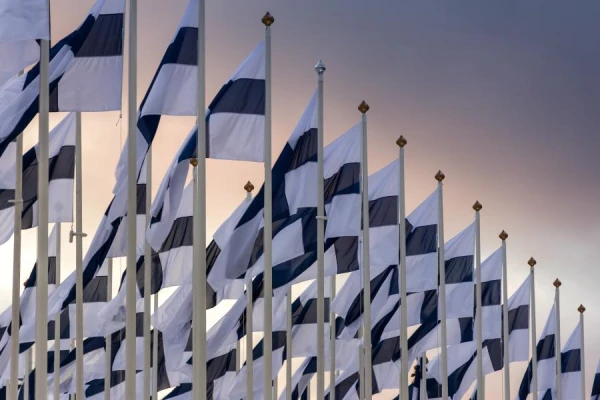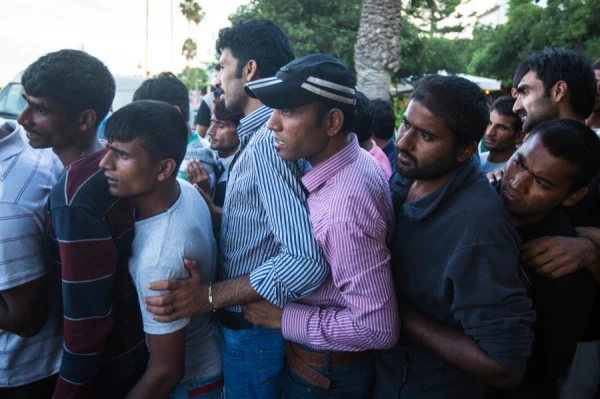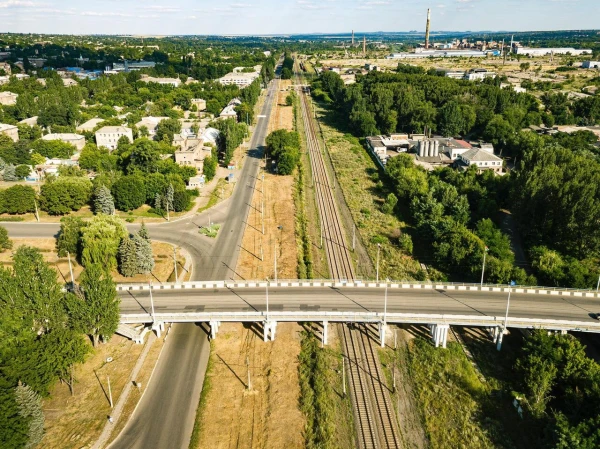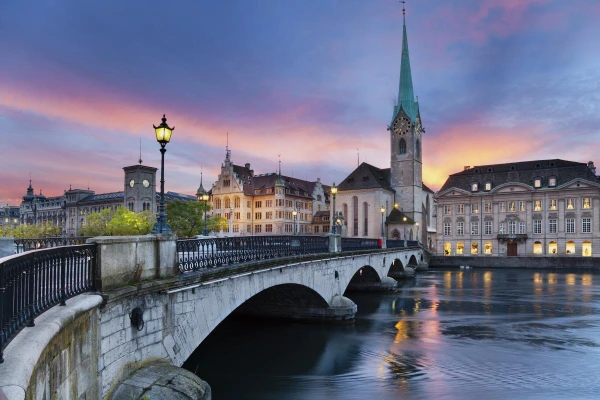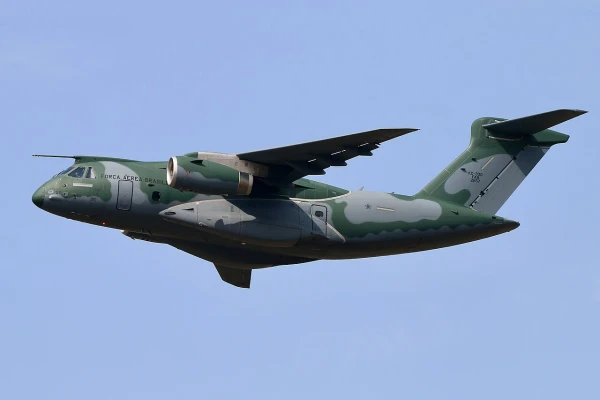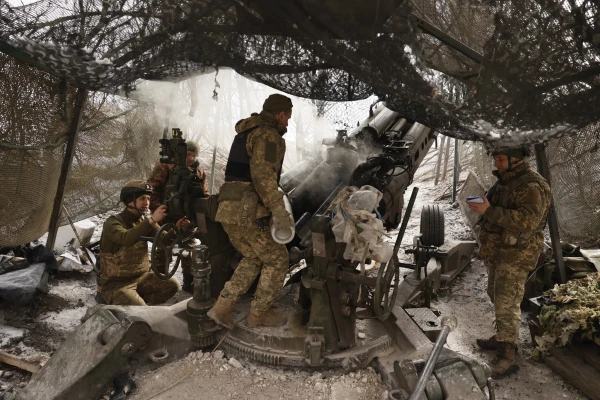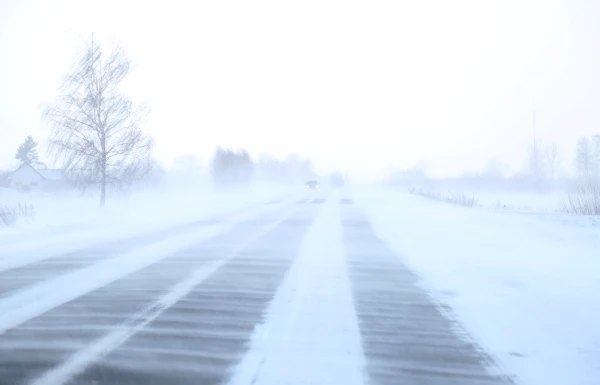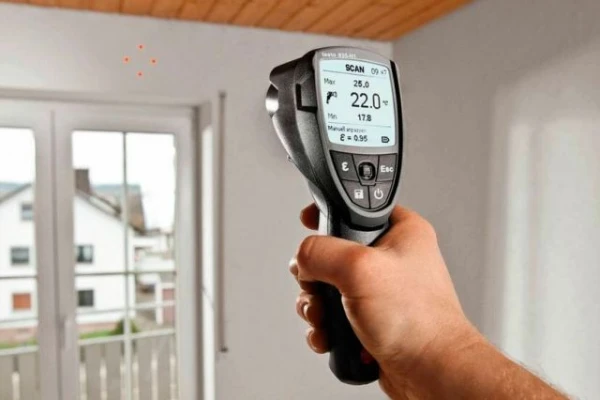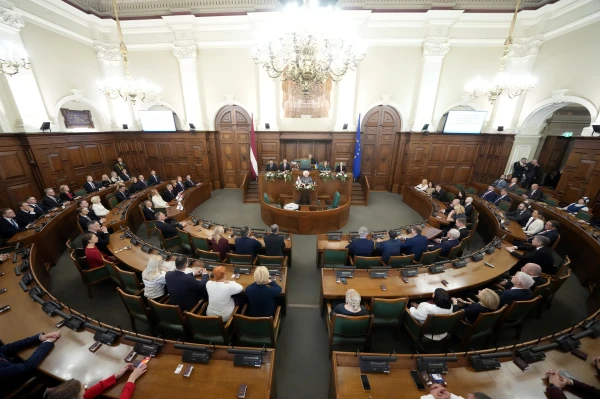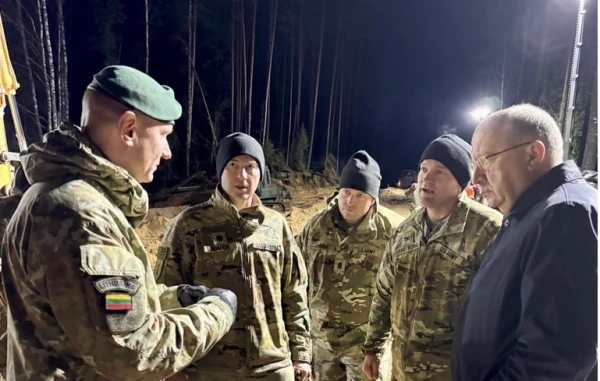
The former Prime Minister of Lithuania refused to name the countries that the Kremlin might attack.
Andrius Kubilius is a conservative Lithuanian politician. He served as the country's Prime Minister from 1999 to 2000 and from 2008 to 2012, and he has long been a member of the Seimas and represented Lithuania in the European Parliament. He currently holds the position of EU Commissioner for Defense and Space, which compels him to take Russia's threats of a potential war with NATO countries in Europe very seriously. An interview with him is published by Current Time.
— Recently, Polish media quoted your statement regarding the information you have that Russia is discussing an attack on one of the NATO countries. Could you elaborate on this?
— I quoted the media myself. Previously, they reported in May or June 2025 that German intelligence, specifically the head of this intelligence agency, publicly stated that there is evidence that the Kremlin is discussing possibilities for military aggression or a so-called "test" of NATO's Article 5 somewhere in regions neighboring Russia.
I trust intelligence, especially German intelligence. But whether Russia will decide to take action or not — we cannot say at this point. In any case, we need to take these reports seriously and prepare for defense. This is our agenda, the agenda of defense capability until 2030. Because, as intelligence reports, Russia may be ready to "test" us by 2030.
— But you don't have any details on which countries, in what form, and so on, that Russia might attack?
— No further details. It was important for me to see if there would be any differences in the reports from German intelligence. Last year, German intelligence was the first to publicly state that Russia might be ready to "test" us within the next three to five years. And in May-June of this year, the same German intelligence provided additional arguments confirming that they have such evidence. So this is not just a forecast, but evidence that the Kremlin is planning to take action or is discussing such plans. So this is a serious statement.
— We often hear that Western countries and NATO should respond to Russia's provocative actions. Because the only language the Kremlin understands is the language of strength. Do you believe that Europe's responses to the drone situation in Poland and events in the Baltic Sea were adequate?
— First of all, we must be prepared to defend ourselves against such provocations. And some of these provocations have shown that we lack the capabilities to defend against drones. We do not have adequate detection systems. Latvia is a leader in creating new capabilities in this regard.
We also lack the capabilities to destroy drones, even if we detect them. That is the first.
Secondly, we certainly need to examine in much greater detail how we can respond to these provocations politically. It is not enough to simply express our concern or deep concern, as we sometimes do. I see that discussions are moving forward — to demonstrate stronger responses to any Russian provocations.
Last week, the European Parliament adopted a very important resolution with very strong wording on this issue. I am ready to work with the European Parliament in search of new ideas and new opportunities. One of the responses to any provocation, and I keep repeating this, must be even greater support for Ukraine. Military support, including providing Kyiv with capabilities for deep strikes against Russia.
— Given that you are well acquainted with the situation in the Baltics, perhaps you can be more specific: what steps, in your opinion, need to be taken in the Baltic region, for example, over the next year? Steps that are critically important.
— The Baltic states together with Poland are leaders in bringing this issue to the forefront and have already begun to create what is called the Baltic defense line. It is now called the "Eastern Guardian" (a network of fortifications on the border with Russia — ed.). These are real actions to create primarily what is called a "land wall" – various anti-mobility or counter-mobility measures. Anti-tank trenches, "dragon's teeth," and so on.
<iframe width="446" height="793" src="https://www.youtube.com/embed/4gs8zuTfwxI" title="EU Commissioner Andrius Kubilius: Russia will spend more on military needs in 2025 than the entire EU" frameborder="0" allow="accelerometer; autoplay; clipboard-write; encrypted-media; gyroscope; picture-in-picture; web-share" referrerpolicy="strict-origin-when-cross-origin" allowfullscreen></iframe>
